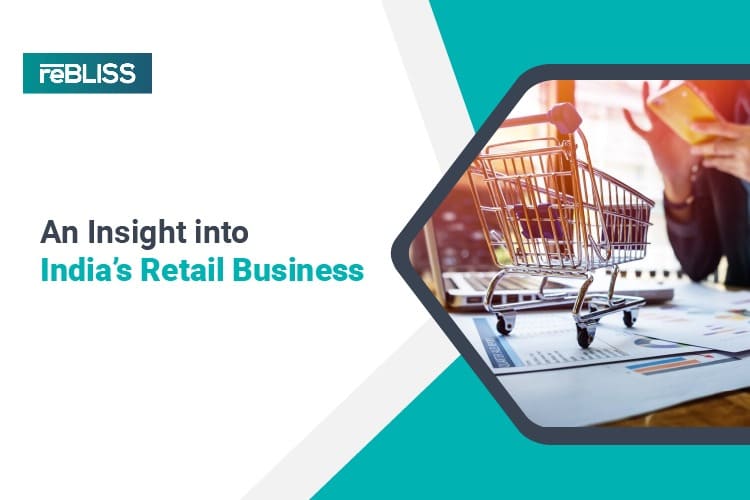





In the last few years, the Fast Moving Consumer Goods (FMCG) industry struggled to protect growth and margin as inflation made many Indians sway from buying a lot. Some new trends are also emerging in the market that can shape the industry. That's why, the FMCG industry must adapt new strategies to handle future revolutions.
To handle that persistent inflation, the FMCG industry increased prices, shrunk package size and shifted towards the digital market. Now, the FMCG industry is handling current challenges but it needs to be ready for the long-term challenges. This can be achievable by knowing new trends in the market. Here is the list -
Digitalisation is India’s New Era
Digitalisation was there before COVID too. But after that, the growth of digitalisation in India has gone multifold. In 2017, the number of internet users was 384 million which will likely reach 900 million in 2025. Along with this, more than 53% of users use the internet with their smartphones, with an increase in social media usage. 53% of internet users come from rural India. This indicates that rural India continues to grow while using the Internet in the country.
Understand the Customer Decision Journey
The usage of the internet and smartphones by the users increased after the pandemic, further, it saw a surge after the emergence of the 5G telecom services in the year 2023. Customers now buy things online after watching ratings, reviews and influencers and have been shifted more towards online shopping. This made FMCG companies understand their customers' decision journeys and help them offer their desirable products that meet their needs wherever they want- online or offline.
The Rise of D2C Brands
In India, the traditional business model of FMCG business requires creating new brands, products and categories through in-depth consumer research and taking them to market through a fragmented and unorganised distribution network. A new type of FMCG company - Direct to Consumer or D2C is in high demand due to the growth in digital technologies, millennial consumers' changed behaviour and start-up culture. The growth of D2C brands in India will likely be more for many years. As they take advantage of customer behaviour by reaching them directly through digital marketing. This brand comes as a challenge and opportunity for the FMCG business.
The New Shopping Mall of India is an E-commerce
After COVID, a trend that gained prominence in the FMCG market is e-commerce. The Indian e-commerce market is estimated to outpace the modern market by the financial year 2025. This estimation suggested a notable growth, with assumptions for the e-commerce market to grow from $29 billion in FY20 to $100-105 billion by FY25. Modern trade, currently at $50 billion, may surge to $85-90 billion in the same period. In the post-pandemic period, people shift more towards online shopping. Which is going to increase further in the coming years, recording a Compounded Annual Growth Rate (CAGR) of 62.4% during 2022-2028.
Emergence of New Players in the FMCG Space
The entry of new competitors and the consolidation of existing ones are causing a structural shift in the FMCG business. Three distinct player categories are becoming more prevalent. Companies that have a wholly non-traditional history are known as mavericks; those that want to go beyond their private labels are known as scalers; and acquirers that want to further solidify their position are known as acquirers.
Growing Customer Base
India will have a significantly bigger mid-age population by 2050, as per several market reports. Since they are a family and not a single household, they will probably have more purchasing power and will make purchases based on the stage of their life cycle. Couples will likely buy more durable items, parents may purchase products for their children or family and their expenses for personal care and in-home care will likely grow toward family-sized packs. Finally, when the children start earning, parents will be able to save more and spend extra on luxuries and health-related items.
Conclusion
There are bright prospects for India’s FMCG industry with the majority of the population likely to have increased disposable income. In addition, innovations and consolidations will shape FMCG businesses and help them achieve greater heights. As an FMCG business enterprise, you can always trust the business scaling capability of reBLISS - a platform that enables businesses to connect with skilled professionals for a variety of tasks. Contact Now!